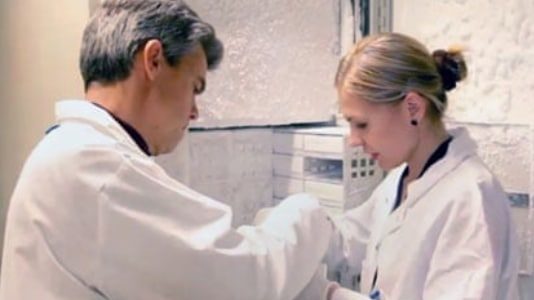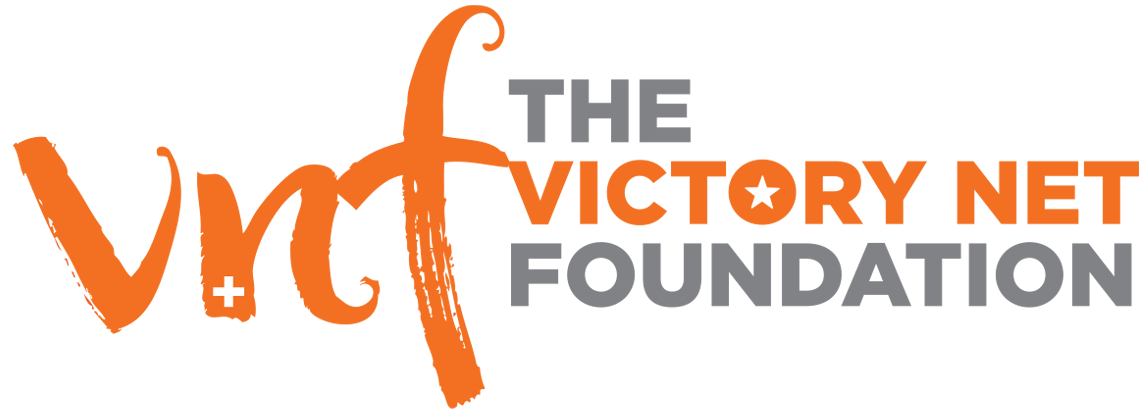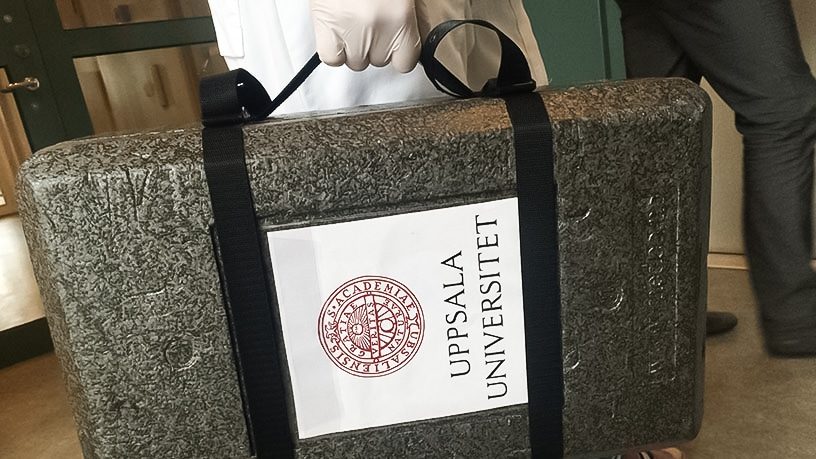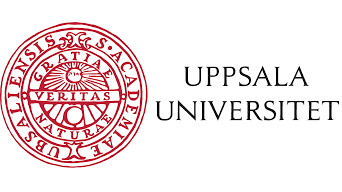Universität Uppsala
Universität Uppsala
Die medizinische Fakultät der Universität Uppsala (Schweden) gilt heute als eines der weltweit führenden Zentren für die Erforschung neuroendokriner Krebserkrankungen.
Die VictoryNET Foundation unterstützt die Forschungsarbeiten und klinischen Versuche eines Anti-NET-Virus, die von dem Team der Abteilung für Immunologie, Genetik und Pathologie der Universität Uppsala (Schweden) durchgeführt werden.
UNSERE MITGLIEDER

Prof. Kjell Öberg
Kjell Öberg ist Professor für endokrine Onkologie an der medizinischen Fakultät der Universität Uppsala.
Als ehemaliger Leiter der Abteilung für endokrine Onkologie ist Prof. Öberg auf Endokrinologie und Innere Medizin spezialisiert. Mit 40 Jahren Erfahrung auf dem Gebiet der neuroendokrinen Tumoren ist er der Gründer der Abteilung für endokrine Onkologie am Universitätsspital Uppsala.
Er ist außerdem einer der Gründer und Koordinatoren der „European Neuroendocrine Tumor Society“ (ENETS). Er stützt seine Forschung auf die AdVince-Behandlung, die von seinem Team und unter der Leitung von Prof. Magnus Essand.

Professor Magnus Essand
Professor Essand ist Professor für Gentherapie in der Abteilung für Immunologie, Genetik und Pathologie an der Universität Uppsala. Seit 2008 entwickeln er und sein Forschungsteam einen grundlegend neuen Ansatz zur Behandlung von neuroendokrinen Tumoren. Die Forschung konzentriert sich vor allem auf Fortschritte in der translationalen Immuntherapie (oder Transferforschung) von Krebs, wobei der Schwerpunkt auf der Entwicklung onkolytischer Viren (ein Impfverfahren zur Stimulierung des Immunsystems) liegt.
Bevor er an die Universität Uppsala kam, arbeitete Magnus Essand am American National Cancer Institute (NCI) und veröffentlichte fast 95 wissenschaftliche Artikel.
Er ist außerdem Mitbegründer von Elicera Therapeuticas AB, einem Immunonkologie-Unternehmen mit Fokus auf der klinischen Entwicklung, das Zell- und Gentherapien für die Immunbehandlung von Krebs entwickelt.

Dr. Justyna Leja-Jarblad
Dr. Justyna Leja-Jarblad war wissenschaftliche Mitarbeiterin in der Abteilung für Immunologie, Genetik und Pathologie an der Universität Uppsala.
Sie machte ihren Master of Science an der Jagiellonen-Universität in Krakau (Polen) im Bereich medizinische Biotechnologie und promovierte anschließend in der Forschungsgruppe von Professor Magnus Essand an der Universität Uppsala.
Ihr Forschungsschwerpunkt liegt auf der Entwicklung von Viren als Krebsmittel, hauptsächlich bei neuroendokrinen Tumoren und Neuroblastomen, einer häufigen Krebserkrankung bei Kindern.
Two medical pioneers aim to trial a cancer-killing virus. I aim to help out

Two researchers at the University of Uppsala have engineered a virus that will attack cancer. Cheap, precise, with only mild, flu-like side-effects, this plucky little microbe sounds too good to be true. Yet in peer-reviewed articles in top journals, Professor Magnus Essand and Dr Justyna Leja have repeatedly showed that Ad5[CgA-E1A-miR122]PTD views healthy tissue with disdain; it eats only tumours. It is, in effect, a cancer of cancer.
Clinical trial approved for new cancer treatment
The Swedish Medical Products Agency and the Regional Ethics Committee has approved the initiation of a clinical trial for a completely new form of neuroendocrine cancer treatment that uses an oncolytic virus. The virus owes its development to donations from thousands of people all over the world. The researchers behind the virus are professor Magnus Essand and researcher Justyna Leja, both of the Department of Immunology, Genetics and Pathology, Uppsala University, as well as Kjell Öberg, emeritus professor of endocrine oncology at the Department of Medical Sciences, Uppsala University.
ONCOLYTIC VIRUS THERAPY, PART 1 - A POTENTIAL BREAKTHROUGH TREATMENT FOR NEUROENDOCRINE TUMORS
Professor Dr. Kjell Oberg PhD of Uppsala University Hospital in Sweden, speaks about Oncolytic Virus Therapy for Neuroendocrine Tumors (NETs). This talk was recorded on 2 November 2012 at Mt Elizabeth Novena Hospital in Singapore.
In this talk, Dr Oberg describes and illustrates exactly how the virus is developed, how it is targeted to NET cancer tumors, and the potential benefit to patients. The programme was produced by Carcinoid & Neuroendocrine Tumor Society of Singapore.
Oncolytic Virus Therapy, Part 2 - A Potential Breakthrough Treatment for Neuroendocrine Tumors
Professor Dr. Kjell Oberg PhD of Uppsala University Hospital in Sweden, speaks about Oncolytic Virus Therapy for Neuroendocrine Tumors (NETs). This talk was recorded on 2 November 2012 at Mt Elizabeth Novena Hospital in Singapore.
Much has been written about a potential new treatment for neuroendocrine tumors being developed by Dr Oberg’s team at Uppsalla – a treatment which uses customised (ie- molecularly engineered) viruses to target NET cancer tumor cells.
In the lively Q&A session which follows the talk, audience concerns about time-to-market, cost-of-development and potential toxicities are addressed. The programme was produced by Carcinoid & Neuroendocrine Tumor Society of Singapore.
THE ONCOLYTIC VIRUS FUND - UPPSALA UNIVERSITY – PROF MAGNUS ESSAND, UPPSALA UNIVERSITY
Professor Magnus Essand at Uppsala University has during six years developed and tested a new virus treatment against neuroendocrine tumours. The treatment consists of an oncolytic virus which has turned out to be remarkably efficient in destroying neuroendocrine tumours in mice. With enough funding we will be able to start the world’s first human trials with a virus that specifically targets neuroendocrine cancer.
Help us develop a treatment for neuroendocrine cancer – prof Magnus Essand, Uppsala University
The goal of the Oncolytic Virus Fund is to collect money for research on cancer-destroying (oncolytic) viruses and cancer therapeutics for neuroendocrine tumours. With sufficient funds, we will be able to launch the world’s first human trial of an engineered virus that targets neuroendocrine cancer.
Elicera Therapeutics – Advancing cancer immunotherapy
The projects that create the foundation for Elicera Therapeutics are based on many years of research on how cells and viruses can be genetically engineered to trigger a powerful immune response to cancer. The researchers combine different types of immune-activating technologies, each of which gives rise to a multifaceted attack on the tumors. To date, the research group, headed by Uppsala University Prof. Magnus Essand, has developed four drug candidates, two of which are in the field of oncolytic viruses and two in the field of CAR T-cell therapies, and the hope is that their candidates will lead to more effective treatment of neuroendocrine tumors, B-cell lymphoma, brain tumors and pancreatic cancer.
THE TREATMENT OF ADVANCED PANCREATIC NEUROENDOCRINE TUMOURS
The treatment of advanced pancreatic neuroendocrine tumours (pNET) Prof Kjell Öberg – University Hospital, Uppsala, Sweden Prof Kjell Öberg discusses the development of new biomarkers which allow early detection of pNET and identify patients who are at high risk of recurrence after surgery and speaks about the superiority of molecular imaging with PET scan over traditional imaging technologies.
WER SIND WIR
- © 2022 Victory Net Foundation
- Rechtliche Hinweise
- Designed by webgeneve
- © 2022 Victory Net Foundation
- Rechtliche Hinweise
- Designed by webgeneve


